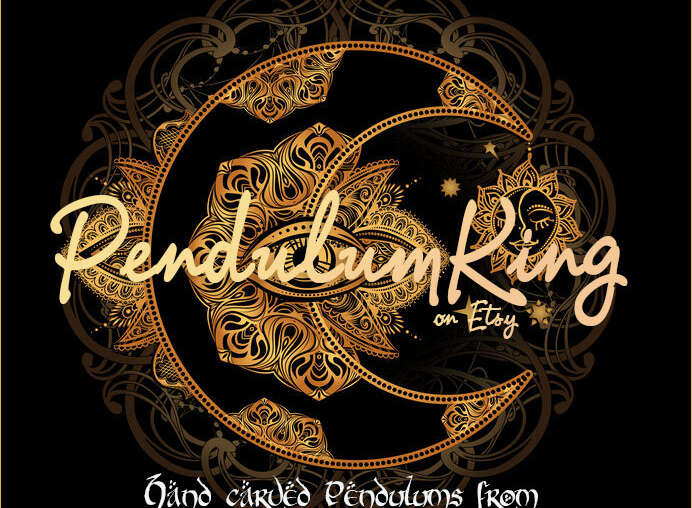The True History of Wicca (Copied from Gavin & Yvonne Frost, in their words)
December 26 1968 – The newly formed Coven of Boskednan in St. Louis, MO, decided that the course Gavin and Yvonne Frost were then teaching should be called Wicca and that the letterhead of that course should be the Church and School of Wicca. The course was based on what Gavin had been taught in England and on his initiation by the Coven of Boskednan in Cornwall in 1950.
The original roots of Wicca thus come from a single source: that Coven of Boskednan. Apocryphally the coven was founded by one Henry Wilcox. In 1925 he retired, either as a civil servant in India or from the British Army. (Or of course it may never have happened.)
Another retired British civil servant, one Gerald Gardner, had talked about Witchcraft (note: not about Wicca) and had used the word wicca once in a book of his; however, no one had theretofore written a description of the new religion and spiritual path.Wicca had absolutely no direct connection to Gardnerian Witchcraft or to any of the multifarious Gardnerian roots: Kellner, Reuss, Masonry, the Order of the Golden Dawn, the Ordo Templi Orientis, the Folk Life Society, Leyland, and (last but not least) Doreen Valiente.Despite rumor and innuendo, and despite what Wikipedia thinks or claims, the above is a true statement of what occurred. All else is history-as-wished-for or simple creative fiction.The course was advertised.
Thousands of neophytes almost immediately signed up for it.In December 1971 the Church and School of Wicca applied to the Internal Revenue Service for exempt status as a religious association. By December 13 of that year By-Laws and Articles of Association were written and approved. It earned its status as a religious association in 1972, in the form of a Letter of Determination dated August 31.
In 1976 and 1977 the IRS carried out an extensive investigation of the Church and School of Wicca. The IRS found the Church blameless of any wrongdoing. It reported that fact in the Senate, giving the Church of Wicca the imprimatur of federal approval. In 1985 inmates in the Virginia penal system petitioned the state system to acknowledge their right to have Wiccan robes and books, and to have Wiccan holidays recognized. That request was rejected; it went into Federal Appeals Court in 1986: Dettmer vs Langdon 799 F.2D 929. The appeal finally led to the landmark decision in the Federal Appeals Court of the Fifth District, confirming Wicca as a religion. In the judge’s words,”The Church of Wicca is clearly a religion for First Amendment purposes. Members of the Church sincerely adhere to a fairly complex set of doctrines relating to the spiritual aspects of their lives, and in doing so they have ‘ultimate concerns’ in much the same way as followers of accepted religions.”
Both in Lecture XII of the School & Church of Wicca’s original course and in the last chapter of “The Witch’s Bible”, the Frosts explicitly opened Wicca to all people who were on a positive path. That openness and the conscious sustained avoidance of centralized power have since enabled the wonderful, enriching diversity within the Craft that we all enjoy today. Diversity allows anyone to follow any spiritual path that they see fit to follow, so long as it is a positive path and so long as they do not seek to inflict their path on anyone else.
What more is there to say? The rest is merely froth and insubstantial gossip and someone’s Disneyland-type creative fiction.
Thou shalt not denigrate another religion — yea, verily, thus saith the IRS.


